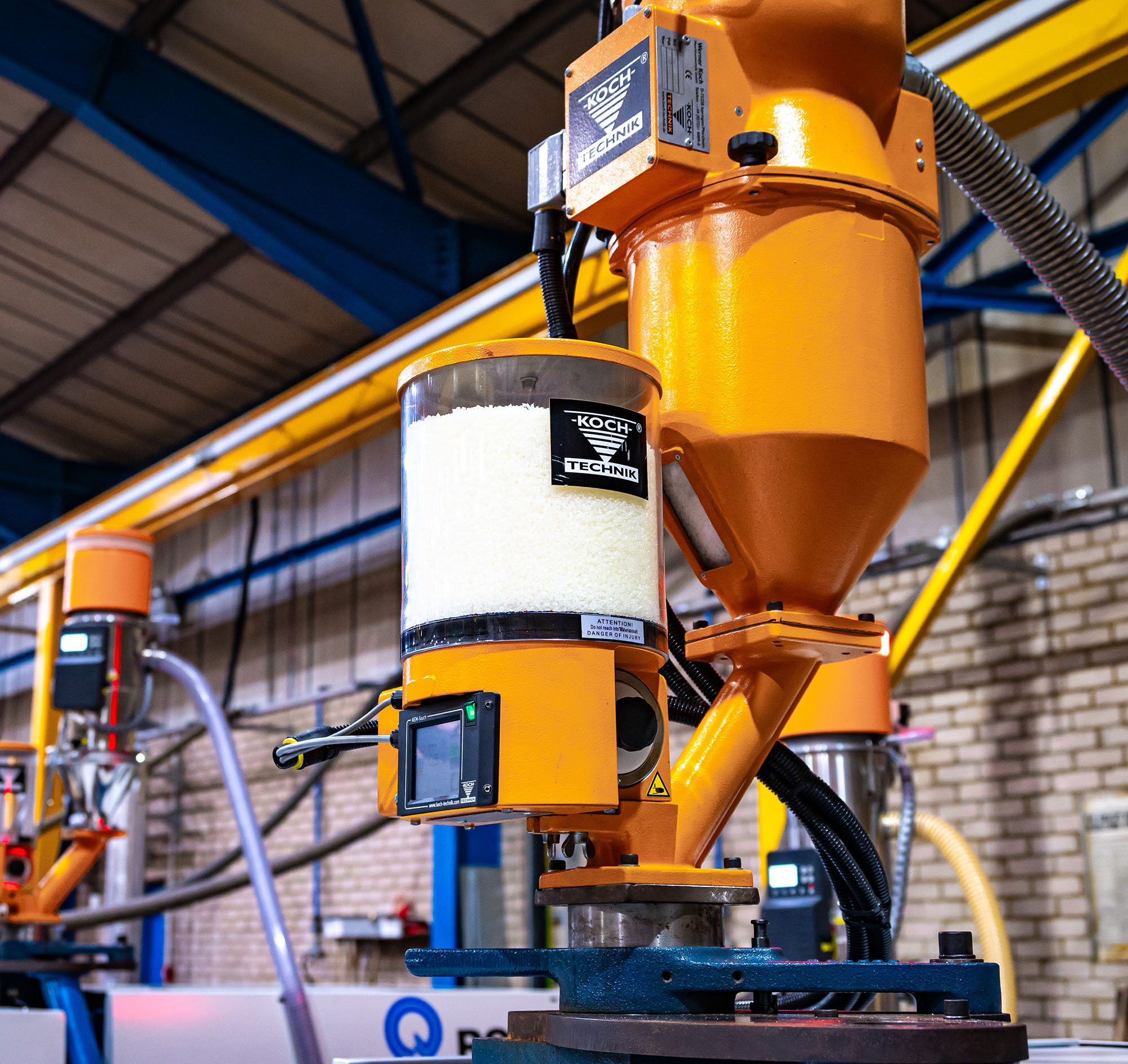Prototype manufacturing processes encompass a variety of techniques used to create scale models or functional prototypes for testing and validation, each suited to different materials, complexity, and precision requirements.
Common methods include 3D printing (additive manufacturing) such as Fused Deposition Modeling (FDM), Stereolithography (SLA), and Selective Laser Sintering (SLS), which allow rapid, cost-effective creation of complex geometries; CNC machining, which involves subtractive processes like milling and turning to produce high-precision parts from metals or plastics; casting processes like investment casting and sand casting, ideal for producing prototypes in metal; and sheet metal fabrication, which forms prototypes via cutting, bending, and assembling metal sheets.
Additionally, techniques like laser cutting, vacuum casting, and soft tooling can be used for specific applications, offering varying balances of cost, speed, and fidelity. The choice of process depends on factors such as material requirements, detail level, functional testing needs, and production volume, with some processes supporting iterative designs and others suited for more finalized prototypes.



